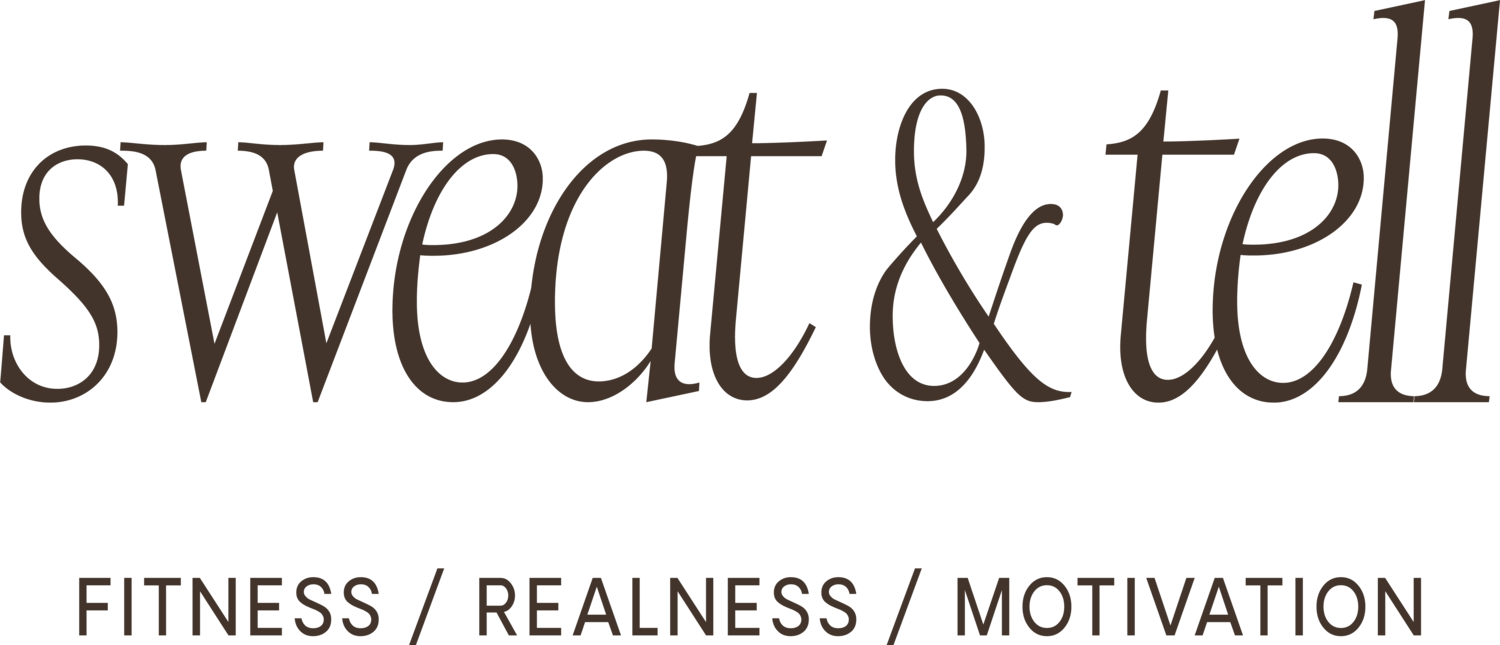Stop “Shoulding” Yourself
Stop “shoulding” yourself. What the heck does that mean?
Think about all the times you have thought to yourself “I should do this” or “I shouldn’t do that.” Probably a lot, right? Same.
“Shoulding yourself” is a term from Psychologist Clayton Barbeau. It describes the act of telling yourself what you SHOULD do as opposed to what you WANT to do. This small differentiation creates a mass amount of pressure on yourself to do something for the wrong reasons. It puts the focus on what you think you should be doing rather that what you genuinely want. Even if your ‘should’ and ‘want’ align to the same goal, you will be at a stand still if you motivate yourself with the wrong core reason.
The concept of telling yourself you should or shouldn’t do something puts a negative cloud over whatever you are doing in the present. This can warp your mindset to feel guilt or shame in yourself. Yes, some things we naturally hope to improve or change; Improvement is a good thing, but that doesn’t mean you need to feel guilt over your current state.
Halo Top brought this concept to us and it really shed a light on how we were treating ourselves. We are always trying to produce positivity into the universe and in turn we try to treat ourselves with the same kindness, but we didn’t even realize how subconsciously we were bullying ourselves for our own actions. We thought that self improvement is flawlessly positive action. Spoiler alert: It is not! Self improvement has to be analyzed to ensure your “improvement” is for the right reason.
I should be skinnier.
I shouldn’t have dessert.
I should drink less alcohol.
I should be producing more content.
I shouldn’t be so shy.
I should be more social.
All those should/shouldn’ts” add up to the same negative connotation. It is basically like saying to yourself: “You are doing this wrong.” The word “should” becomes such a powerful and common word in our vocabulary that we forget the “why.” Other positive phrases can be more encouraging even in the smallest, subconscious levels.
I can.
I want.
I will.
Telling yourself you should or shouldn’t do something can make you feel stuck. Similar to cancelling out a food group or eliminating one item with an objective “good” or “bad.” When in reality things can all serve their purpose when treated with balance.
Halo Top is a great example of this. “I shouldn’t eat dessert.” BEEN THERE BEFORE. Halo Top shows how you can turn that into a form of balance. I don’t want to eat dessert because I don’t want to gain weight or feel less motivated the next day from the massive sugar weighing me down. Instead I can treat myself to a small portion of lightweight ice cream and still get my fix without feeling the guilt from my “should.” Rather than avoiding it and binging later. This just encourages the “shouldn’t have done that” cycle all over again. You don’t need to cast a negative energy on your actions and deprive yourself from your desires.
So how do we break this negative cycle?
The first step is to recognize when you are doing it. When a “should/shouldn’t” creeps in, ask the more important question. Why should I do this? Is this me or someone else saying I shouldn’t? Do i really want this? Make sure that the action is because it comes from your own desire, not anyone else’s. Don’t let societal pressure creep in. Your life, your choices.
Once you find the why - Remember that and use that reason as your power.
Example: You want to drink less alcohol because it makes you feel more energized and have a clearer mindset. Not because you should.
Once you realize that your “should/shouldn’t” is really coming from a place of self love, you will feel less pressure. When you are making decisions for yourself, you will be able to focus more on the present action and feel less external guilt.
KEEP IT SWEATY,
JO & JACQS
Thank you Halo Top for Sponsoring this post.









